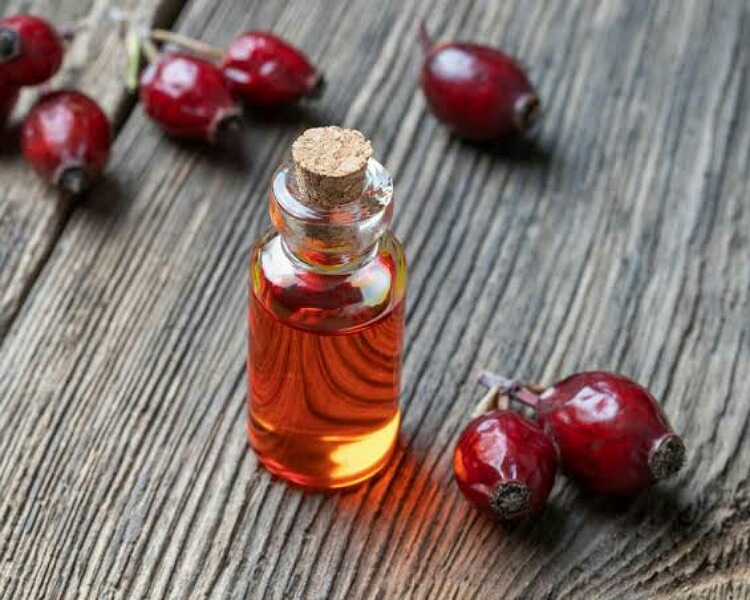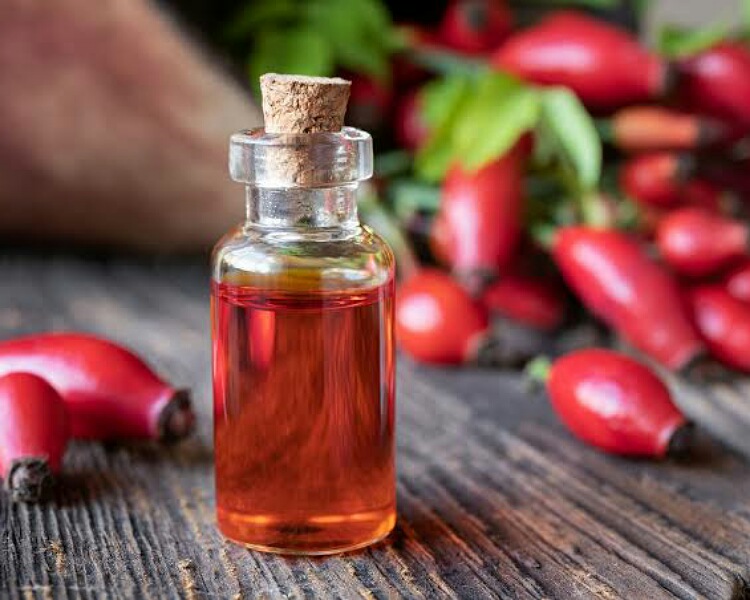Rosehip oil is derived from the rose plant but it is different from the rose oil. What is the difference? What useful substances it contains? And also, what are it’s health benefits and usage? Know all the answers below.
What is Rosehip oil?
Rosehip oil is oil that comes from the fruit and seeds of the rose plant or rosa canina rose bush that is native in Chile. It differs from the rose oil. The latter is extracted from the rose petals.
Rosehip oil has a lot of useful and beneficial substances in it. It contains essential fatty acids, vitamins, antioxidants, and phenols. These phenols have antimicrobial action and can destroy viruses, bacteria and pathogenic fungi.

Celebrities such as Gwyneth Paltrow and Kate Middleton from England’s royal family all love the product. This is due to its anti-ageing effects and it can enhance the skin glow.
Health benefits
Most of the benefits of rosehip oil is for the skin.
Moisturizing of the skin
Faye Purcell is the Product Development & Skincare Chemist at Q+A and he says:
“Used for centuries as a skin conditioner, Rosehip oil helps to reduce hyperpigmentation, repair damaged skin tissue, and nourish the skin; – it has quite a few tricks up its sleeve.”
“This golden oil is packed with vitamins A and C, trans-retinoic acid that promotes skin rejuvenation and repair as well as essential fatty acids such as Linoleic Acid or Omega 3 which hydrate, soften and restore your complexion,”
Brightens skin tone
Lyndsey Flannery, educator at SBCSkincare states:
“Rosehip oil is naturally rich in vitamins E, A and some people might even be impressed to know it has more vitamin C than an orange or lemon.”
“The combination of vitamins and essential fatty acids such as E linoec, a-linolenic and oleic acids keep skin nourished and plump, encouraging cell turnover time and boosting skin radiance,”
Reduces acne lesions
It has vitamin s A, C, and E. These increase cell turnover. Also, the anti-inflammatory compounds in it reduce inflammation and clear the skin.

Boosts collagen
Collagen is a protein that maintains skin elasticity. The oil boosts the synthesis of collagen and lessens wrinkles.
Reduces skin sensitivity
It has healing properties. Faye explains:
“It is also rich in antioxidants and phytonutrients that keep your skin protected, calm and bright,”
Protection against sun damage
It is not a sunscreen. But the vitamins A and E in it can combat skin damage from the sun.
Reduces fine lines and scars
A study of 2015 did reveal the its use lessens scar size and its inflammatory component.
Its fatty acids and antioxidants help in cellular regeneration. It reduces stretch marks too.
Immunity booster
It has antioxidants and essential fatty acids that strengthens the skin barrier and reduces bacterial invasion. The linoleic acid is prominent in this action that prevents cell membrane breakdown.

Arthritis and joint pain
It reduces joint inflammation and helps in pain relief. This can be applied topically and the oil also comes as an oral supplement in capsule form.
The oil is safe for the skin. Lyndsey states:
“Rosehip oil is suitable for all skin types and is easy to intertwine into your skincare routine. Applied topically, it’s generally seen as a low risk/rare cause of irritation or for causing any serious side effects.”
Also, read How to eliminate the bitter taste and pungency of olive oil?
If one is concerned about sensitivity to the oil, start with lesser amount and lesser frequency. Step up if tolerated. Store in fridge or away from sunlight and heat for longer shelf life. Faye adds:
“This decadent oil is best used at night, giving time for its benefits to get to work. It can be used on the skin and body, making it an excellent multi-functional ingredient,”
